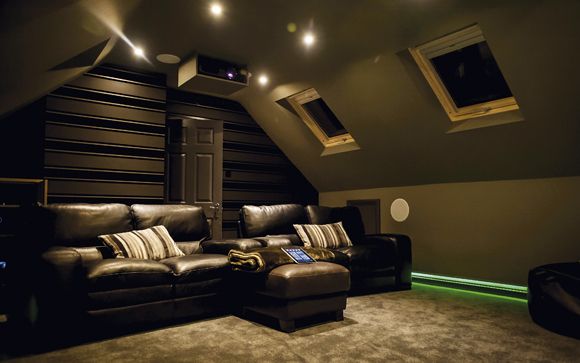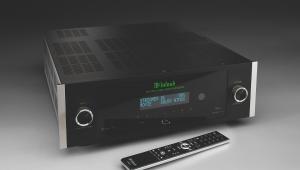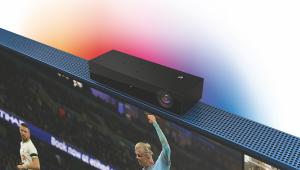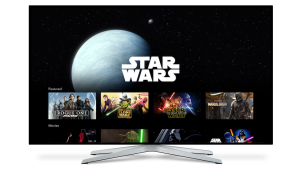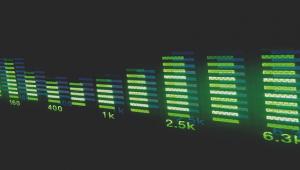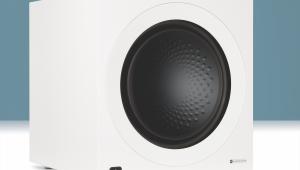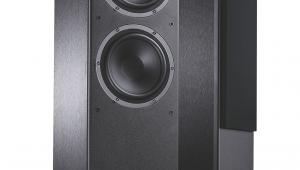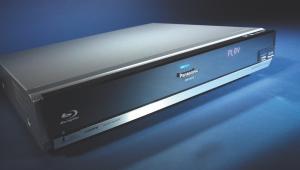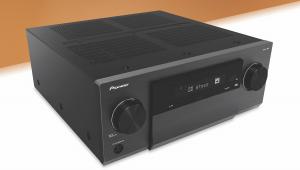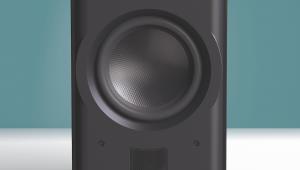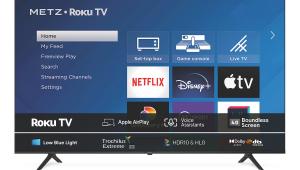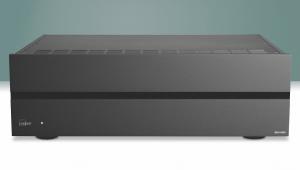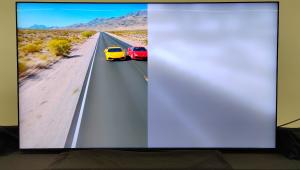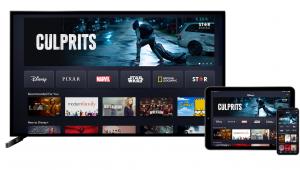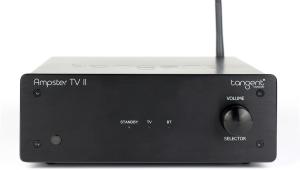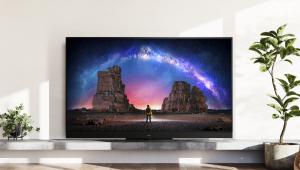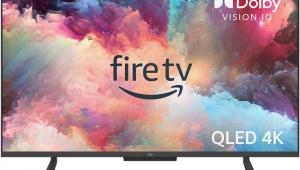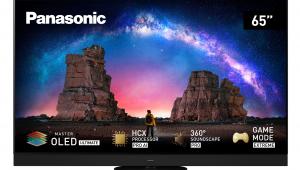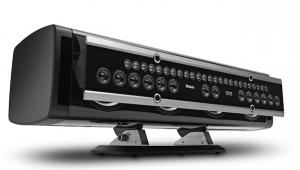Digital Copy: Home entertainment is ever-more reliant on broadband. Time to speed it up

Beyond all the rights deals, compliant hardware, giant servers and subscription fees, there's one thing that makes streaming TV and movie content possible, and it's your internet connection.
Broadband hookups have given impetus to the streaming revolution. However, even in our era of superfast broadband, there are issues at play that may limit exactly what can be accomplished.
We've lived in this era for some time now, of course, but the parameters keep on changing. It was ten years ago that telecoms industry watchdog Ofcom and BT agreed to open up the latter's UK infrastructure to third-party companies, thereby kickstarting a competitive broadband market. And with that, speeds have increased.
Cast your mind back to 2006, a time when Take That were reforming and the Blu-ray vs HD DVD war was at full-throttle. What wasn't full-throttle was your 'net connection – according to Ofcom, the average UK headline (e.g. best possible) speed was 3.6Mbp/s. Try streaming Jessica Jones on that in 4K.
Skip forward and has the UK's average broadband speed gone supersonic? Sort of. The latest available data I could find from Ofcom shows that average UK speeds (again 'headline' rates) have hit around 23Mbp/s. But there's devil in the detail. While around a third of households can enjoy speeds described as 'up to' 30Mbp/s (and usually higher), many others are forced to chug along at less than 10Mbp/s. And there's a divide between urban and rural areas, although this isn't always clear cut. I live in the sticks and enjoy a stable 72Mbp/s connection.
As it stands now, the situation isn't good enough. Luckily, our government realises this, and is aiming for 24Mbp/s for 95 per cent of the UK by 2017. Whether or not it succeeds is a different matter. And, frankly, even faster speeds would be welcome.
Need for speedThe speed of your broadband – or lack of it – makes a massive difference if you're an AV enthusiast. More so, in fact, than ever before. Why? Because 'net-delivered services are currently where you need to go to access 4K content. Netflix, Amazon Instant and BT's Ultra HD sport channel are all internet-exclusive. Ultra HD Blu-ray will rectify this, but it's not here yet. Satellite 4K is nascent technology, too.
And not just any broadband connection will do if you want to shunt 2160p content down your pipe. Netflix recommends a 25Mbp/s download speed for its Ultra HD streams; Amazon suggests 15Mbp/s. BT (because it wants to ensure other users in your household can still get online) requires a 44Mbp/s connection for subscribers to its Ultra HD offering.
Basically, 4K streamers need an above average 'net connection. Furthermore, you have to pay for the privilege. Netflix may market itself as offering UHD TV for only £8.99 a month, but your broadband sub is going to be at least double that. BT Infinity 2 even more. You'll use that fast connection for more than just binge-watching, of course.
So along with speed we need cheaper prices. A home cinema fan wanting access to top-tier content in 2016 is faced with a huge monthly bill, once streaming subs and broadband fee are combined, even before Blu-ray purchases are considered. It's almost enough to make me hanker for the glory days of DVD, analogue channels and dial-up internet. Almost.
This article first appeared in HCC #257 in February 2016.
 |
Home Cinema Choice #351 is on sale now, featuring: Samsung S95D flagship OLED TV; Ascendo loudspeakers; Pioneer VSA-LX805 AV receiver; UST projector roundup; 2024’s summer movies; Conan 4K; and more
|
